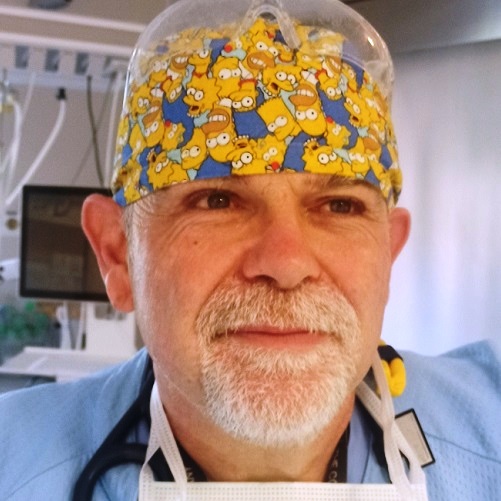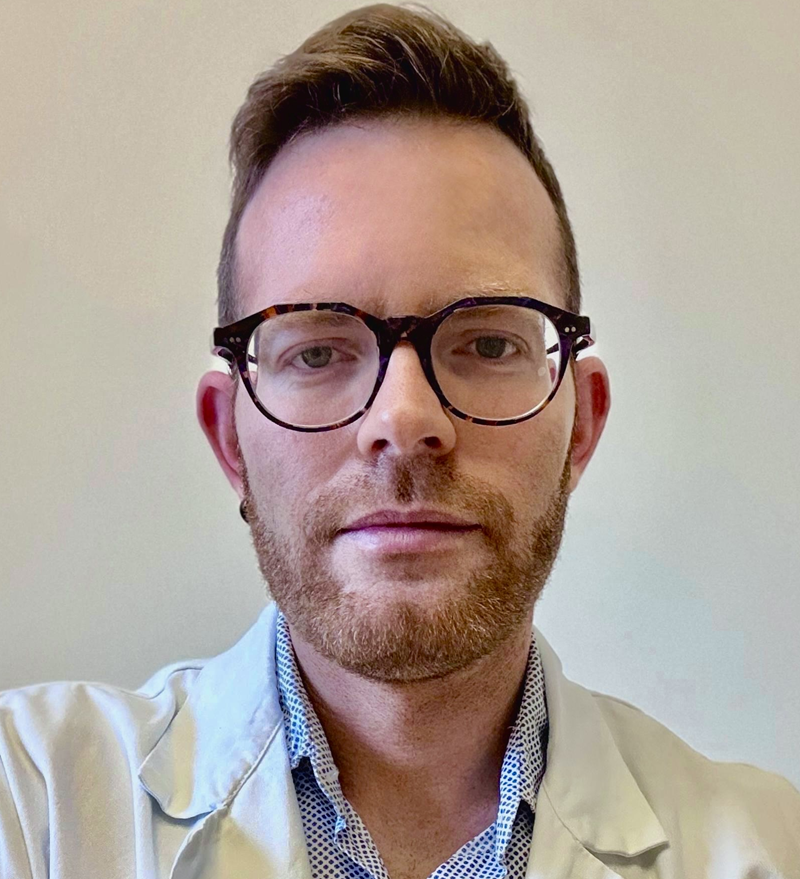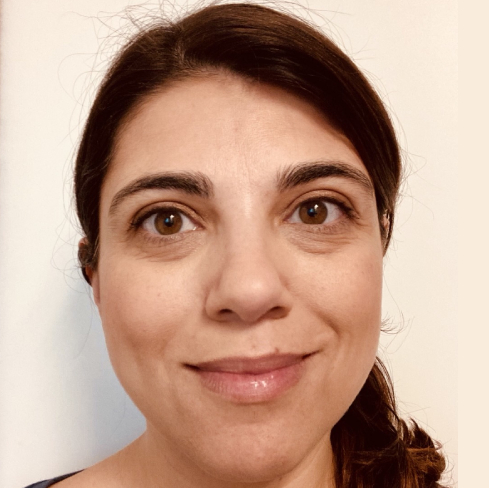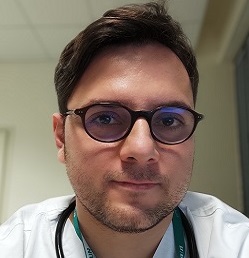Introduction
Clinical practice
The team of Anesthesia and Resuscitation of the Rizzoli Orthopedic Institute it has the task of performing various types of anesthesia for patients undergoing surgery, by preparing them for this event and following them up to their healing, to ensure suitable treatment of acute and chronic painful syndromes of great clinical importance and to administer intensive treatments to critical patients.All types of general (balanced, TIVA) and loco-regional (central and peripheral nerve block, single shot and continuous) anesthesia are practiced to fulfil the demands in compliance with the specific standards of reference for operations of traditional orthopedics, spine surgery, oncological surgery, and thoraco-pulmonary surgery for patients of all ages, adults and pediatric.
Throughout 2005 we provided anesthesia for 9,942 operations and treated 825 patients at the Unit of Resuscitation and Intensive care with a mean hospitalization of 3.5 days.
The Unit's involvement is organized as follows:
- Department of Resuscitation and Intensive care (continuous service of internal surveillance 24 hours a day 7 days a week, for 8 beds equipped for monitoring and intensive treatment of the cardio-circulatory, respiratory and metabolic functions according to the standards of reference);
- Operating room (12 sessions a day 5 days a week, 8 in the morning and 4 in the afternoon including a session of surgery in "one day surgery");
- Clinic of anesthesia (operational in the morning 5 days a week and aimed at the preventive evaluation and the preparation of complex patients, auto-donation of blood, the management of day surgery);
... as well as anesthesiological assistance, continuous intensive care, and support for the wards, the Emergency ward, and Radiology.
In the operating room and in the management of the unit of Resuscitation and Intensive care the physicians of the Unit are assisted by professional nurses with specific skills in the anesthesiological disciplines and the intensive medicine.
Research activity
Currently the clinical research of the unit concerns postoperative analgesia with loco-regional and systemic technique, blood salvage, and experimental pharmacology in the scope of venous thromboembolism. The choice of research projects, in fact, is made according to the main problems connected to orthopedic surgery. In the scope of postoperative pain particular emphasis is given to techniques of loco-regional analgesia with continuous peripheral nerve block, which ensures complete pain management in patients undergoing surgery, also including the rehabilitation phase. Spine surgery is the model for defining protocols for systemic analgesics in major orthopedic surgery. With regards to the problem of blood transfusions the role of postoperative blood salvage techniques have been highlighted by assessing its side effects and performance. By participating in and coordinating important multicentric pharmacological studies a contribution has been made to research into thromboembolic disease, which represents a traditional and dangerous complication of orthopedic surgery.
The details of specific studies are described below: Continuous Perineural Analgesia (see picture):
- Evaluation of the effectiveness of continuous perineural analgesia in the prevention and treatment of postamputation phantom limb syndrome;
- Indications for continuous perineural analgesia in orthopedic-trauma surgery;
Postoperative analgesia for Major Orthopedic Surgery:
- Use of low dose intravenous Ketamine for "pre-emptive analgesia" in spine surgery
- Continuous intralesional analgesia in spine surgery
- Technique of blood salvage with particular reference to Blood Recovery Techniques
Postoperative evaluation from the drains of the surgical wound:
- Evaluation of effects on erythropoiesis and coagulation after the re-infusion of recovered blood with "no wash" systems;
- Evaluation of postoperative bleeding in prosthetic knee surgery and definition of the performance of "wash and no wash" recovery techniques;
Clinical-pharmacological research:
- phase 3 studies on the use of specific X factor and thrombin inhibitors in the prevention of deep vein thrombosis in prosthetic hip and knee surgery.
Other activities
The Unit of Anesthesia and Resuscitation of the Rizzoli Orthopedic Institute collaborates with the Healthcare management in the corporate realization of the regional project "Hospital Without Pain" aimed at the management of postoperative pain by the definition of an analgesic handbook for the different clinical demands and specification of application and control tools (tables to detect algesimetry and side effects).
The Coordination Unit of Anesthesiological Research also offers theoretical-practical courses in Loco-regional Anesthesia (around 20 courses year). They involve a theoretical approach and practical training with access to the operating rooms. These courses are aimed at spreading the knowledge about loco-regional anesthesia, where traditionally the Unit of Anesthesia of the Rizzoli Orthopedic Institute boasts avant-garde experience on a worldwide scale.
Staff

Contacts and Locations
Secretary's Office
phone +39-051-6366289
fax +39-051-6366647
fax (intensive care) +39-051-6366440
fax (clinic of anesthesia) +39- 051-6366139
e-mail rmn.segreteria@ior.it
Istituto Ortopedico Rizzoli
via G.C.Pupilli, 1
40136 Bologna (Italy)









